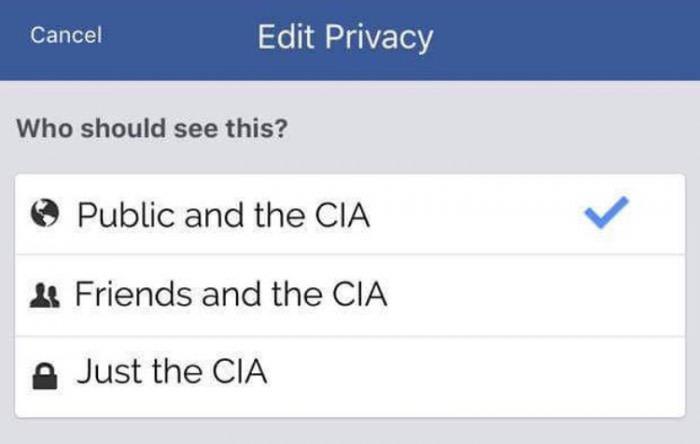Ranter
Join devRant
Do all the things like
++ or -- rants, post your own rants, comment on others' rants and build your customized dev avatar
Sign Up
Pipeless API

From the creators of devRant, Pipeless lets you power real-time personalized recommendations and activity feeds using a simple API
Learn More
Comments
-
 GMR51634828y@jultra Unless he doesn’t want to do all the things required of him by the new rules.
GMR51634828y@jultra Unless he doesn’t want to do all the things required of him by the new rules. -
We've had this for years and years at my current job. Because most of it is common sense and proper protocols/security measures haha
-
@AndSoWeCode Encrypt computers... That's should be common sense as for securiry...?
Also, define draconic security measures? -
@AndSoWeCode Well, then they're not taking responsibility for their own security and that's bad imo.
Idk about the rest, I've asked our own expert on this and the things he said we needed to get done to become compliant have already been implemented for ages (firewall on every system, harddisk encryption and so on, common sense stuff)
Related Rants

 Privacy is a legend
Privacy is a legend
Hello,
are you ready for the GDPR? Do you have a Privacy Policy. DPA, Cookie Banner etc.?
rant
cookie
gdpr
i love devrant
newbie
privacy